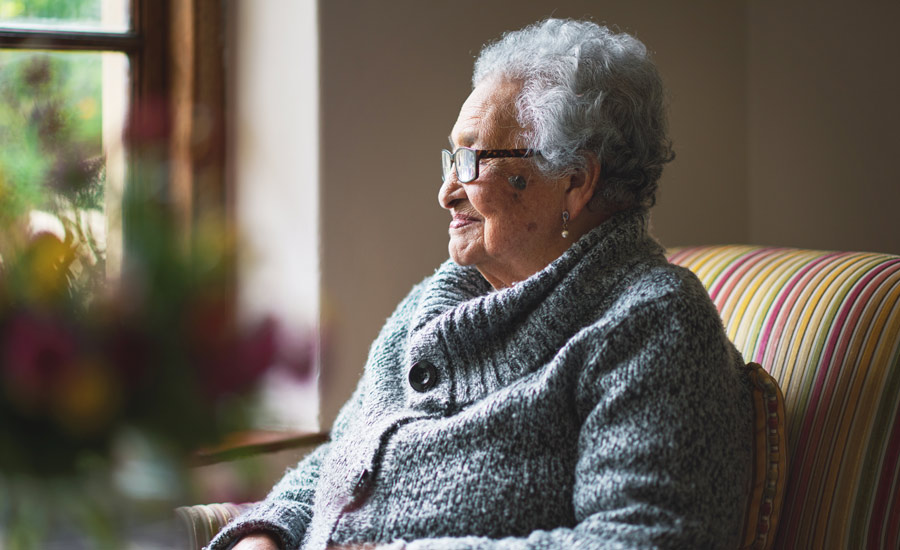Finding a Care Home That Respects Your Loved One’s Cultural and Religious Beliefs

When you’re looking for a care home, practical needs usually take priority, such as safety, health and support. But for many families, respecting their loved one’s cultural or religious background matters just as much
In this article, we’re looking at how care homes can meet those needs meaningfully and what to look for if this matters to your family.
How Do Care Homes Accommodate Cultural and Religious Needs?
The right care home will recognise religious needs as part of basic, everyday care, by providing appropriate meals, supporting religious practices, offering language support and respecting personal care preferences. Staff will ask the right questions early on and make sure those needs are part of everyday routines.
Ways Care Homes Support Cultural Diversity
Every resident arrives with their own background, routine and set of beliefs that have often been in place for decades. The job of a good care home is to understand those details and build care around them.
Here are some of the practical ways homes can meet cultural and religious needs:
Meals that match dietary requirements and preferences
This might mean halal or kosher meals, vegetarian food or specific dishes your loved one grew up with. It could also be about how food is served, who they eat with or when they eat. Getting care home meals right can make a big difference to how settled they feel.
Support for religious practice
Some residents may want a quiet space to pray. Others might need help getting to a place of worship or appreciate a visit from a local faith leader. It’s not the same for everyone, so care staff need to ask and not assume.
Language and communication
If your loved one speaks another language, being able to use it can make care feel more personal and less confusing. Some homes have staff who speak more than one language and some will use interpreters or translated materials where needed.
Personal care that respects cultural norms
This includes things like same-gender care staff, privacy during certain routines or understanding specific expectations around dress, touch or hygiene.
Recognising important dates and celebrations
Whether it’s Ramadan, Christmas, Diwali, Passover or other observances, these shouldn’t be missed just because someone has moved into care. They’re an important part of life for residents and care homes should make room for them without needing to be reminded.
Staff awareness and training
None of this works unless the team has been trained properly and understands why it matters, including knowing when to ask questions and when to listen and most importantly, showing respect for diverse preferences and needs.
What to Look for When Visiting a Care Home
During your research, when searching for the best care home for your loved one, it’s worth asking how staff determine what matters to each resident. That includes food, routines, communication, faith, personal preferences and anything else that helps someone feel like themselves.
Ask questions like:
- How do you learn about someone’s cultural or religious background?
- Do you speak with the family before care begins?
- Can residents eat the food they’re used to?
- Is there support for prayer or religious practice?
- How are holidays or religious dates marked?
- Do any staff speak other languages?
Choosing a Home That Respects Who They Are
Pay attention to how these questions are answered. Vague replies aren’t helpful. A care home should be able to explain clearly what they do and how they do it.
Look for clues while you’re there. The menu, the activity schedule, how staff speak to residents, what’s on the walls and whether different customs or languages are reflected in the daily routine – noticing these small things can tell you a lot.
Ready to explore...
